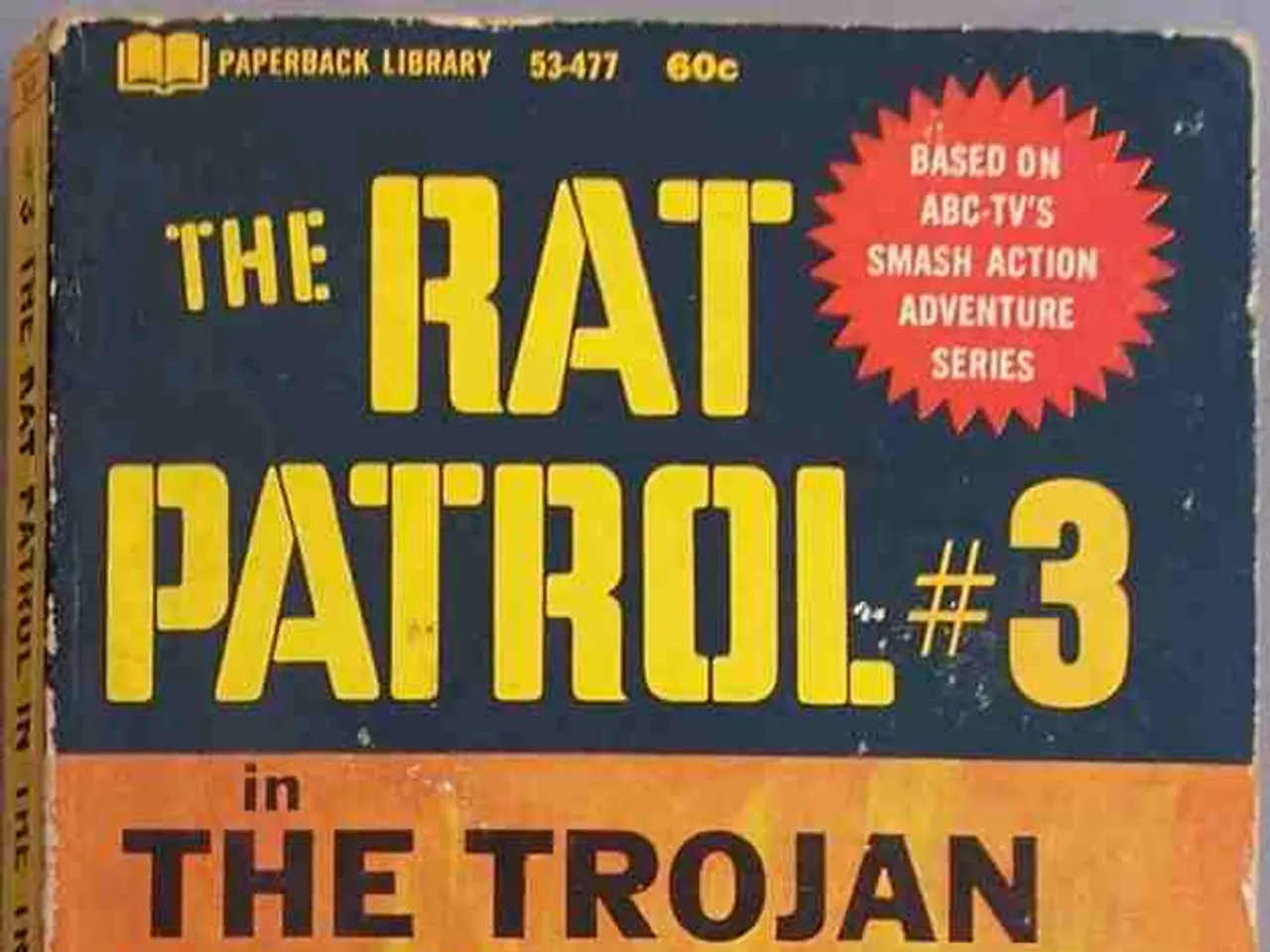Potential political advantage for Netanyahu amidst Israel-Iran conflict
After the ceasefire between Israel and Iran, streets in Jerusalem buzzed with activity once more. The Home Front Command lifted all public restrictions by evening, and people flocked to open-air markets with a sense of relief.
"I'm a bit more at ease knowing we're not at war anymore, but it's tricky—we can't always trust those we're dealing with," said shopper Liba Farkish.
Many Jerusalemites praised Prime Minister Benjamin Netanyahu for the attack on Iran, calling it timely and necessary. Shop owner Avraham Levy, a longtime supporter of Netanyahu's Likud party, asserted that Netanyahu's actions were crucial not just for Israel, but for the world at large.
According to recent flash surveys, about 82% of Jewish Israelis support the missile strikes on Iran and their timing. Netanyahu's political fortunes had seemed to falter just a month earlier, as criticism mounted over his handling of the Gaza war and his refusal to agree to a deal with Hamas. However, the attack on Iran has helped to restore Netanyahu's image as a strong leader after the security failures that led to the Hamas-led terror attacks on October 7, 2023.
Some Israeli analysts suspect that the actions taken by Iran during this conflict were part of a "master plan." Tal Schneider, a political correspondent for The Times of Israel, argued that a diplomatic solution with Iran was not trusted and that a military solution was deemed essential.
While the attack on Iran has boosted Netanyahu's popularity, his political leeway may be limited. Recent polls suggest Likud gained more support in the wake of the military operation, but parties in Netanyahu's current coalition government are predicted to fall short of the 61-seat majority they would need to retain power.
Attention in Israel has now turned back to the war with Hamas in Gaza. Seven soldiers were killed in southern Gaza, with reports suggesting they were inside an armored personnel carrier that caught fire due to an explosive device attached to it.
Critics argue that Netanyahu is unwilling to end the war in Gaza and agree to a deal with Hamas that would secure the release of the remaining hostages. His far-right coalition partners have threatened to leave the coalition if he ends the war without toppling Hamas, which would trigger early elections in Israel.
People on the streets of Jerusalem expressed a desire to make a deal with Hamas, but on Israel's terms. According to polls, a majority of Netanyahu's supporters believe the hostages should be brought home, even if it means ceasing hostilities.
Aid agencies fear for Gaza as the Iran-Israel conflict continues, with tensions exacerbating an already precarious situation. It's crucial for Netanyahu to find a solution in Gaza to increase his support, as the public largely supports a hostage deal with Hamas to return the remaining 50 hostages alive.
- The international community is closely following the recent turn of events in war-and-conflicts, particularly the Israel-Iran conflict and the ongoing war with Hamas in Gaza.
- Political analysts have argued that Prime Minister Benjamin Netanyahu's handling of the conflict with Iran has significantly influenced the world news, boosting his image as a strong leader in politics and policy-and-legislation.
- In the midst of these conflicts, Netanyahu faces a delicate balance between appeasing his government's political allies and securing a solution that corresponds to the general-news and demands of the larger public, including a potential hostage deal with Hamas.
- While the world watches the ongoing situation in Gaza, aid agencies remain concerned about the repercussions, given the precarious state of the region and the public's increasing desire for a resolution that ensures the safe return of the remaining hostages.






